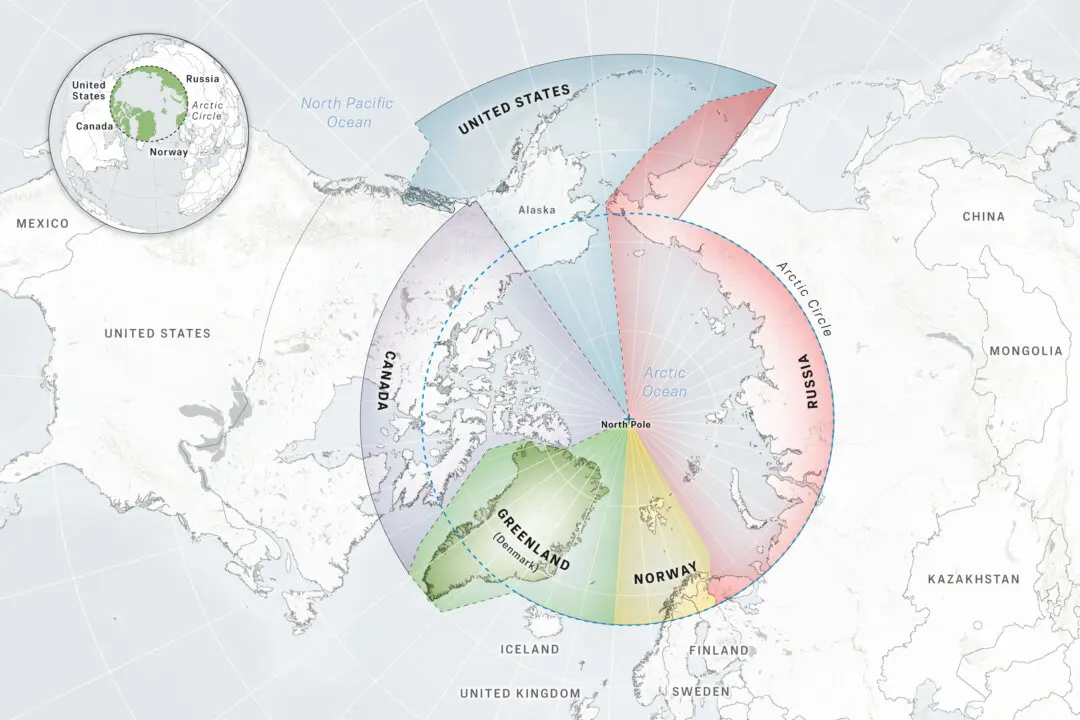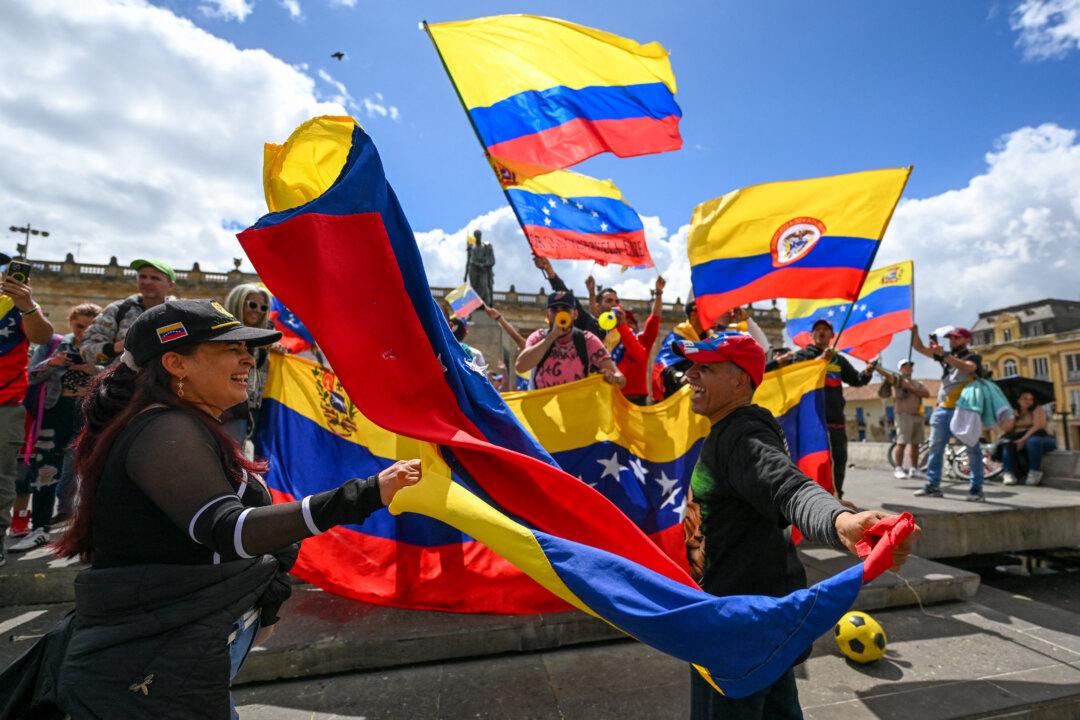The Ecuadorian attorney general’s list of corruption investigations just got longer as national assembly legislator Celestino Chumpi has come under fire after a video surfaced on March 31 showing a discussion over the sale of the deputy agriculture minister’s position for $2.5 million.
Fueling the fire surrounding the legislator, President Guillermo Lasso said Chumpi was one of five national assembly members who tried to solicit a bribe from him to vote in favor of a new investment law last month.





